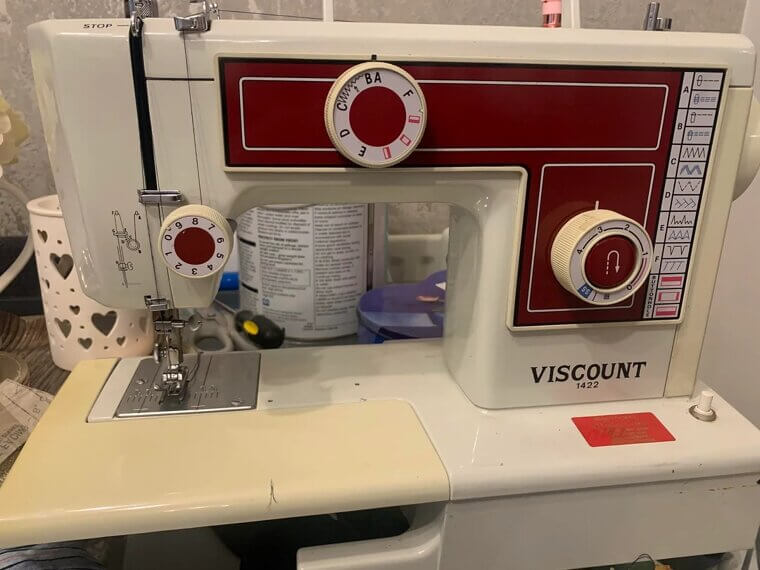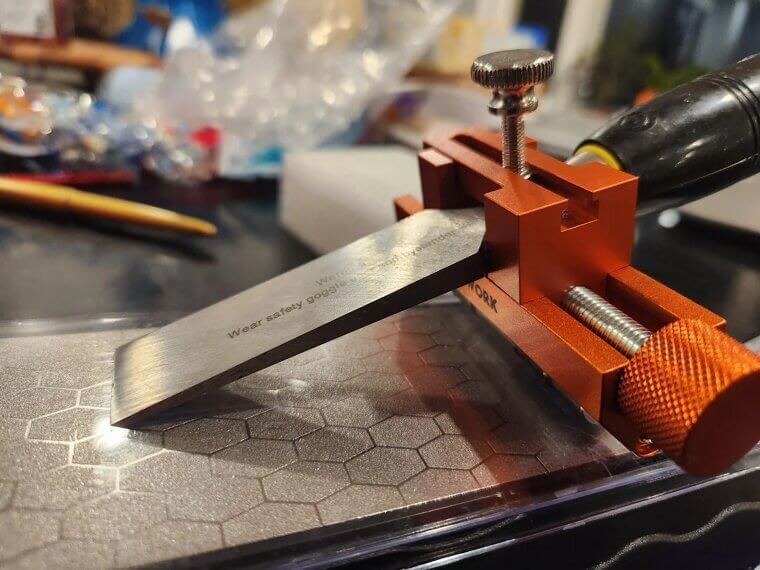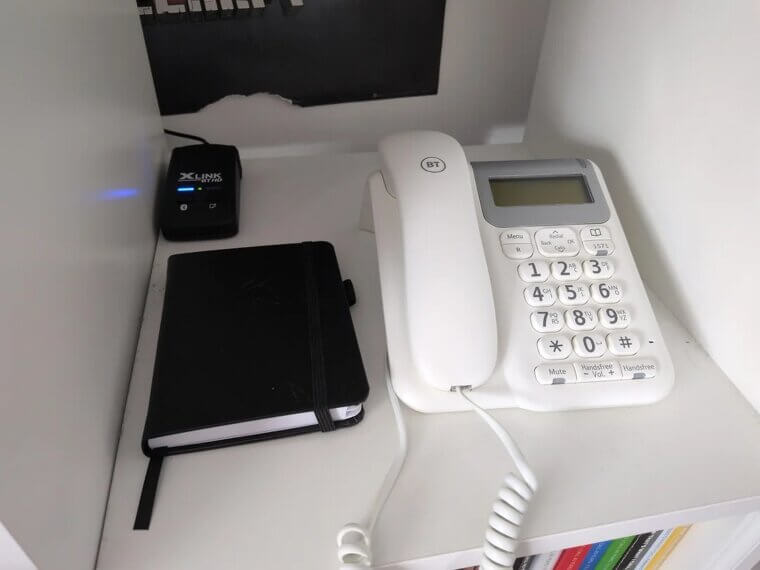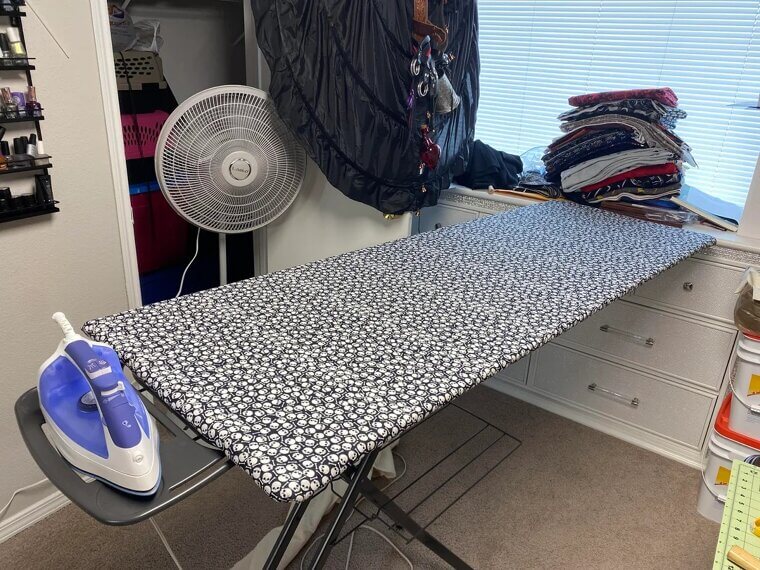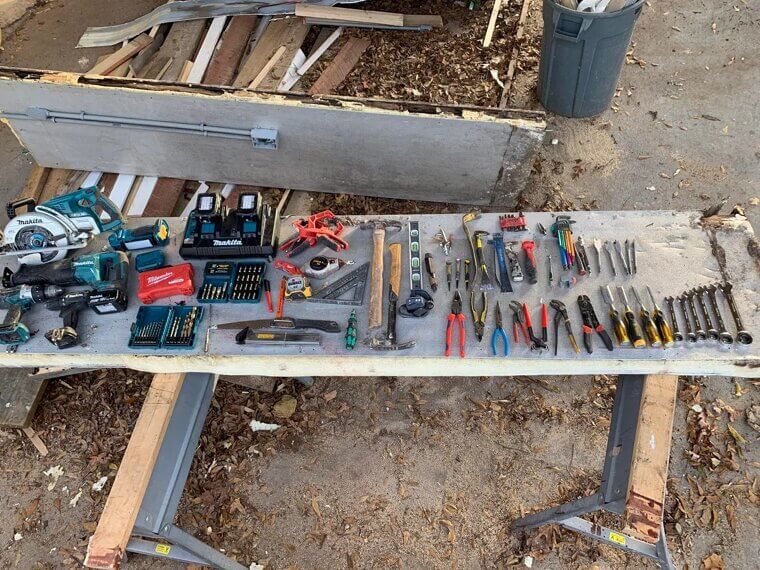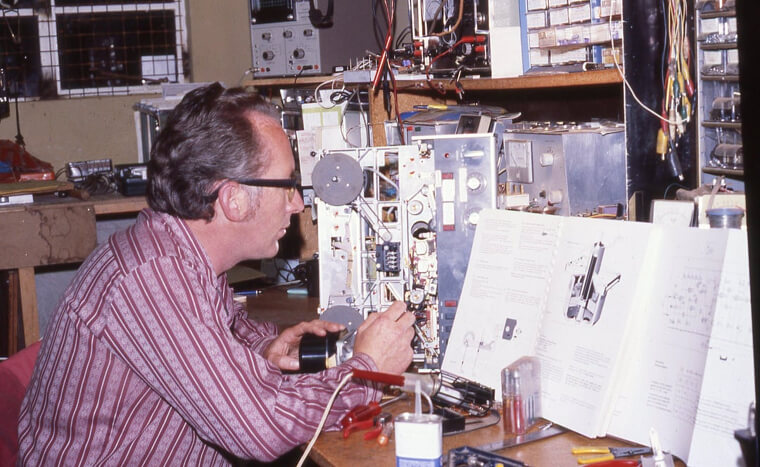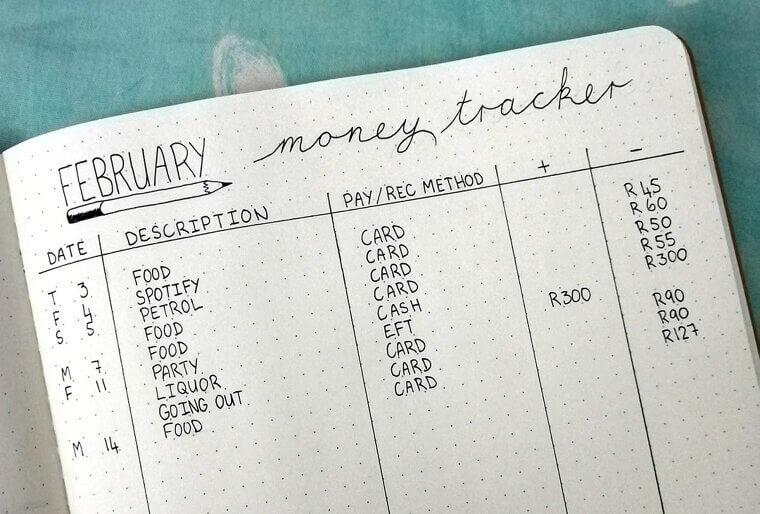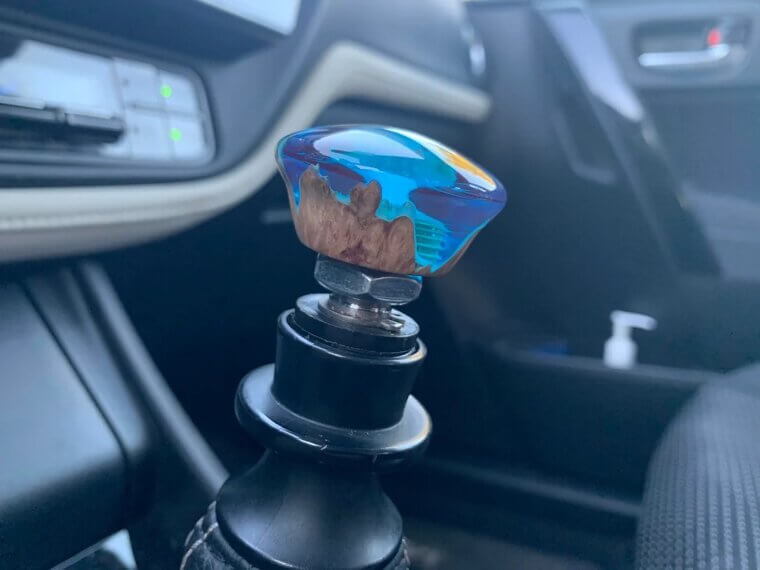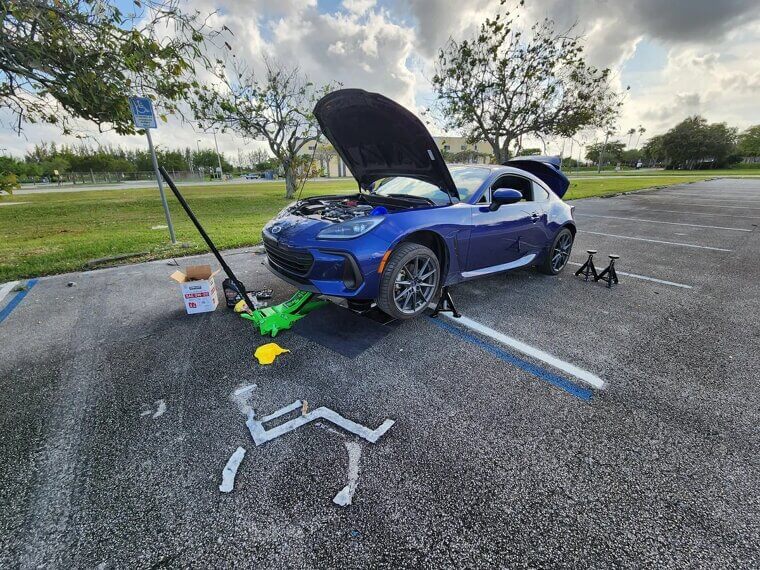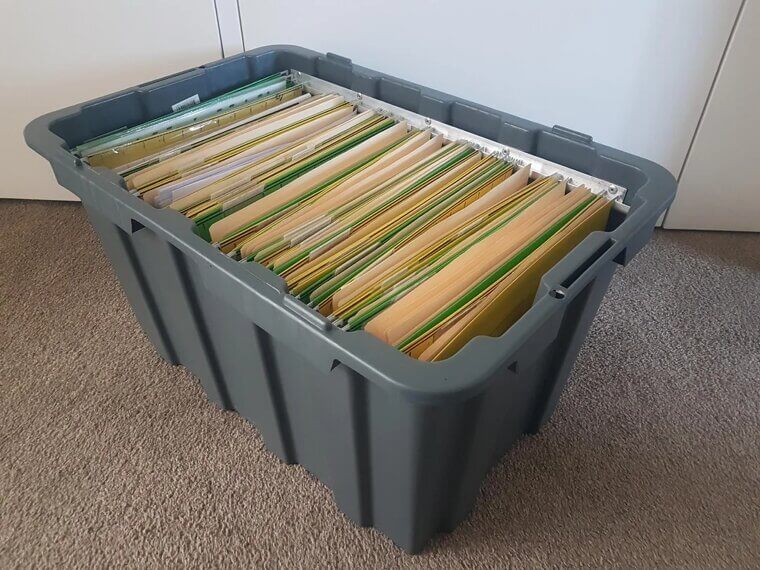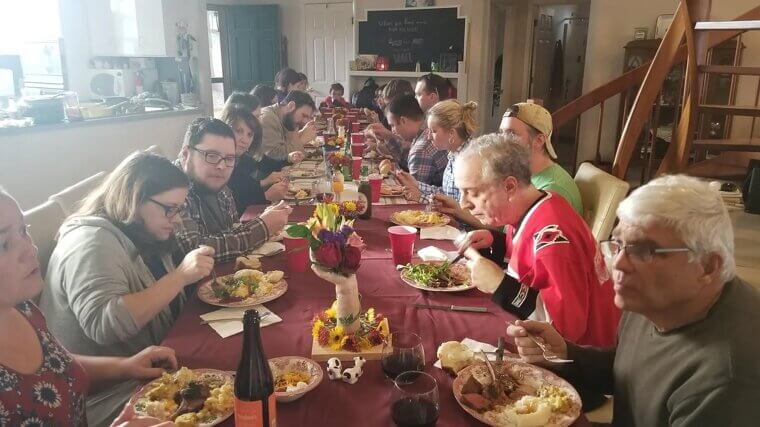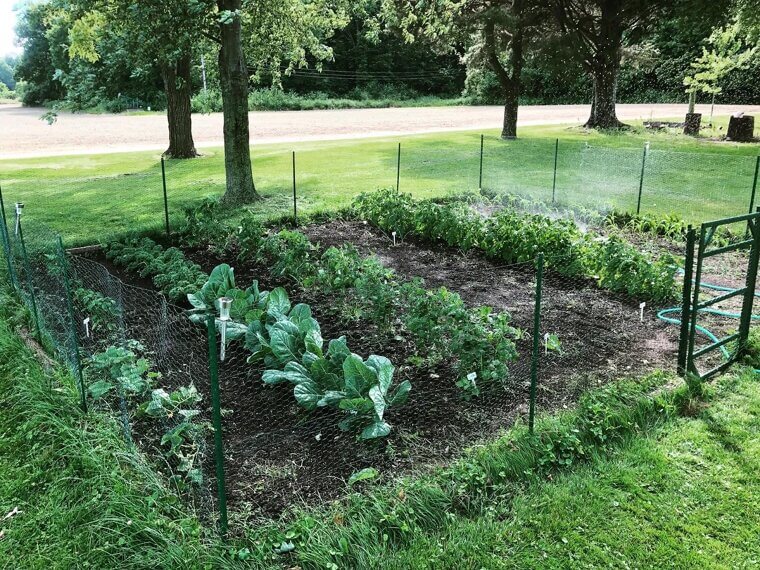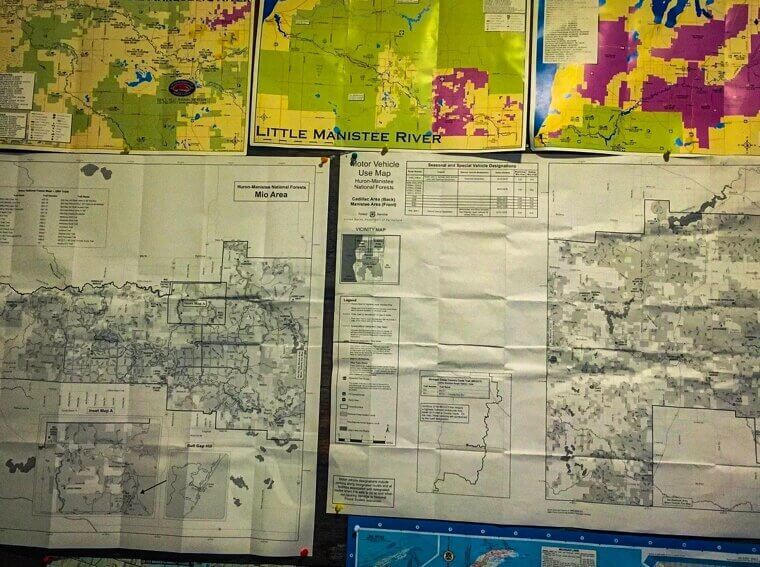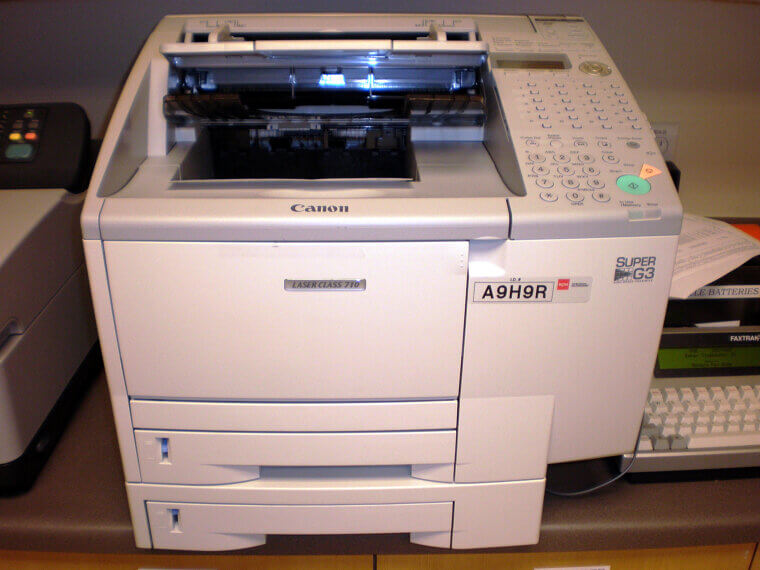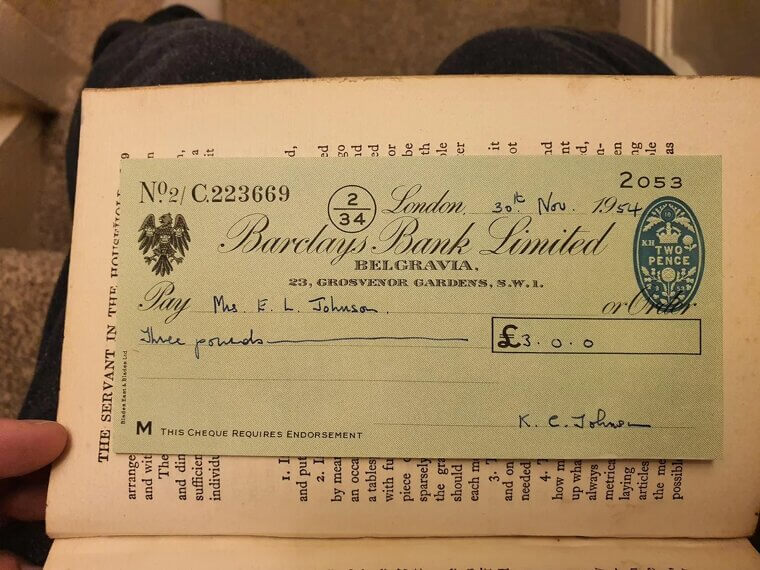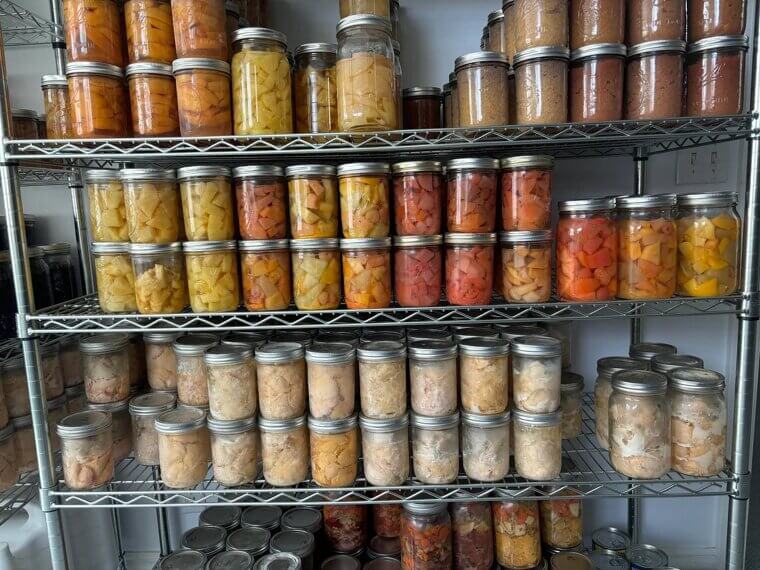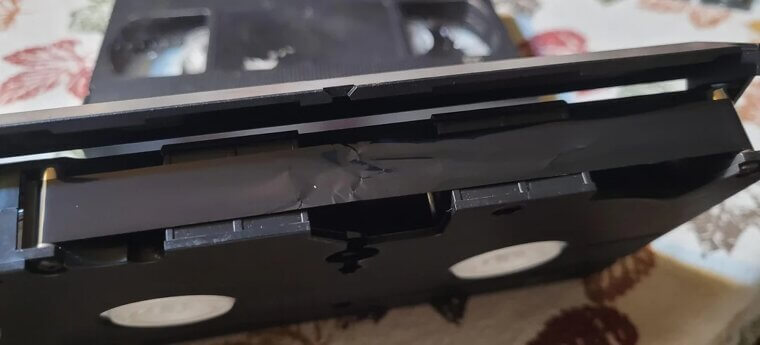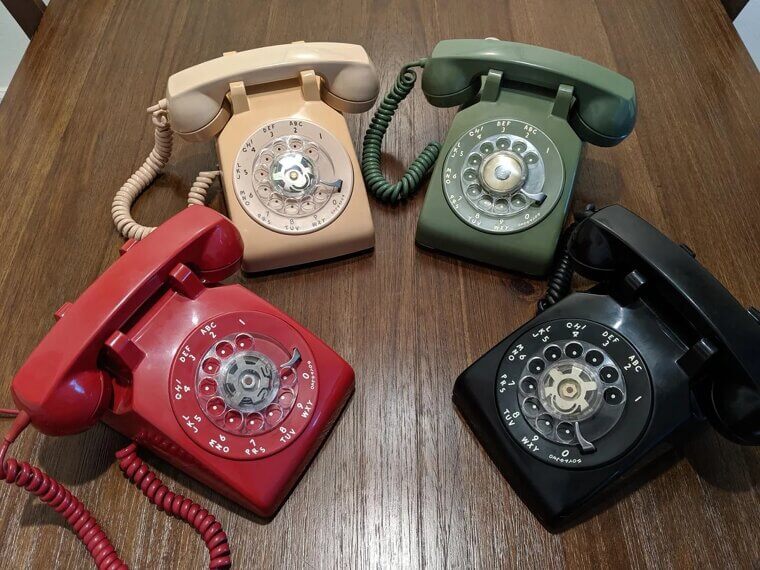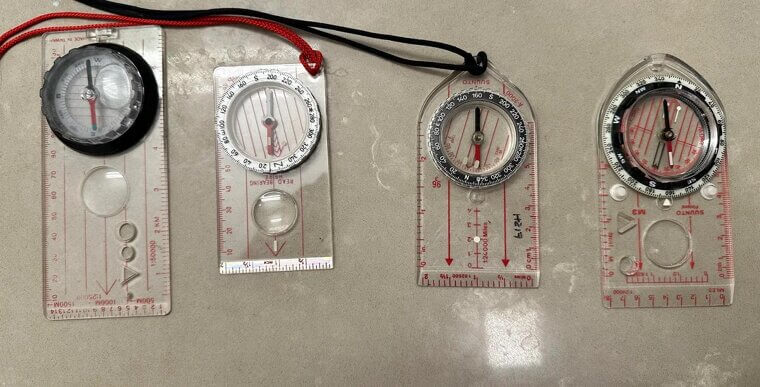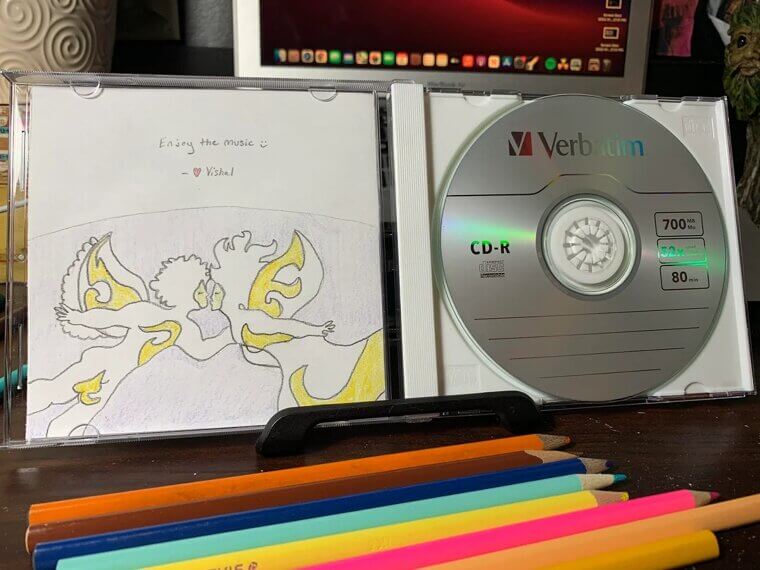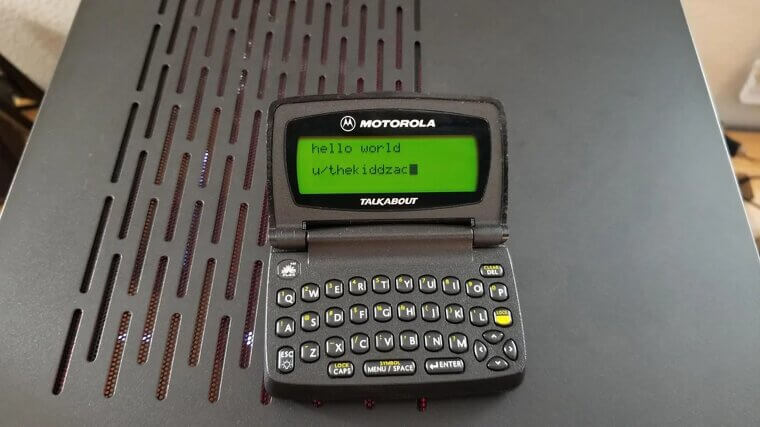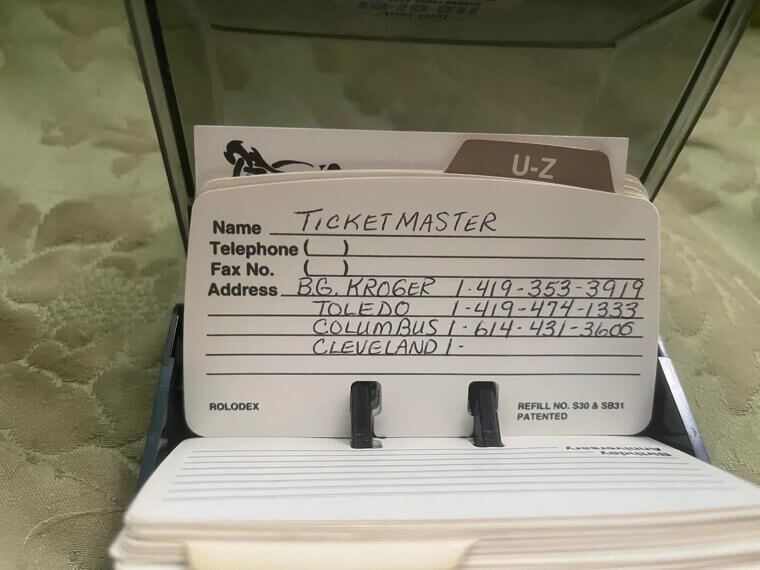Car Maintenance
Back in the day, boomers could pop a hood, diagnose a knocking sound, and have it fixed before lunch. Nowadays, cars are more computers than machines, with sensors that tell you exactly what’s wrong, and most people take them straight to the mechanic to fix.
Sewing
When boomers were young, everyone knew how to hem pants, reattach a button, or patch up a tear. But fast fashion has made it cheaper than ever to buy new clothes and discard old ones. The convenience of digital shopping carts has replaced the satisfaction of mending clothes.
Sharpening Tools
Sharpening blocks still exist, but they’re no longer the household staples that boomers grew up with. They knew how to keep their saws and lawnmower blades razor-sharp and ready for use, lengthening the lifespan of essential tools. Now, dull tools are often tossed out and replaced.
Gardening
Do your grandparents have a beautiful garden? That’ll be because they learned gardening in their youth. Many of them helped their families grow their own fruit and vegetables, while also maintaining immaculate hedges and flowerbeds. Sadly, the art of gardening is being killed by busy urban schedules.
Film Photography
Boomers didn’t have modern phones to snap their memories, so they dedicated themselves to learning film photography. There was something special about taking photos and printing them out that isn’t the same now, when photos are digitally stored and seldom looked at.
Phone Etiquette
For the baby boomer generation, manners weren’t just polite; they were expected. From a young age, they were taught proper phone etiquette because it was the only way to have a remote conversation. Today, texts and emojis have rendered old-school phone etiquette practically obsolete.
Bookkeeping
Be thankful that companies developed apps to keep track of finances and work things out for us because boomers had to do it all by hand! Bookkeeping was an essential skill for running a household and ensuring debts were paid off. It was very mentally taxing.
Ironing
Boomers ironed everything: shirts, sheets, socks, and even their jeans! With wrinkle-free fabrics becoming more common and formal dress codes slowly dying out, this is no longer the essential skill it once was. Some people aren’t bothered by creased clothes at all.
Party Planning
From handwritten invitations to home-cooked holiday feasts, boomers threw the ultimate parties. Younger generations can’t comprehend how much work went into planning something like that, especially when group chats and takeouts have replaced traditional get-togethers. That personal, thoughtful touch is missing.
Carpentry
Carpentry may be a trade, but most male boomers were taught how to do the basics by their fathers. They could build a bookshelf or fix a doorframe without using a manual, but that knowledge isn’t required now that flat-pack furniture and YouTube tutorials practically do the work for you.
Repairing Appliances
Your grandparents have probably owned the same appliances for decades because they know how to keep them going. Modern appliances, on the other hand, are designed to be replaced, so people don’t learn how to repair them. The art of DIY is slowly fading as convenience increases.
Budgeting
Budgeting today is far easier with a calculator and a bevy of financial apps at your disposal. Boomers had to do it all on paper, tracking every cent with just their brains and a calculator. This is a core life skill that people wrongly dismiss as a waste of time.
Letterwriting
A handwritten letter was once a symbol of thought, respect, and effort, but people rarely correspond on paper anymore. Boomers learned how to write the perfect letter, whereas Gen Z can send a text and get a response in the same minute. Letters are a lost love language.
Manual Transmission Driving
If there’s one thing boomers hold onto in the age of automatic cars, it’s that they learned how to drive stick. What used to be a rite of passage has been eclipsed by a machine designed for convenience, and learning to drive a manual car may soon become unnecessary.
Decorating
When boomers bought their first houses, they learned how to do everything themselves. They had more recreational time to wallpaper walls, lay carpets, and decorate rooms. Decorating now is more about achieving a particular aesthetic, and most people hire professionals to do it.
Changing Oil
Any young boomer with their own car knew how to change the oil, and it’s a skill they hold onto. Nowadays, regular service reminders and convenient repair shops have most drivers paying mechanics for work they could easily do themselves.
Filing
It might not sound like a skill, but imagine how much effort it would take to organize the entire contents of your phone into a cabinet! Boomers somehow kept track of everything, with labeled folders and important documents preserved for decades. It’s no longer necessary, but no less impressive.
Cooking From Scratch
Nothing beats a hearty home-cooked meal! Boomers often shopped to stock up on staples, and they could turn the most random selection of ingredients into a delicious meal with seconds and thirds. Modern life is designed to be fast and convenient, so our food is too.
Hosting
Boomers didn’t just know how to plan parties; they could host them too. They prided themselves on mastering hospitality, from setting tables to arranging appetizers to greeting guests. Unfortunately, in-home hosting has since taken a back seat to more casual gatherings.
Growing Food
Once upon a time, a garden full of tomato plants and vegetable patches epitomized self-reliance. Boomers learned how to grow food to save money and keep their meals as healthy as possible. This is a classic skill that is sadly rarer now, although it is being rediscovered by eco-conscious youths.
Offline Research
Research hardly seems like a skill when a search engine can answer your question in a few seconds, but boomers remember trawling through books and encyclopedias for information. That type of research took true skill, dedication, and patience, and algorithms can’t reproduce it.
Calligraphy
When boomers were young, writing by hand was an art form. They learned proper penmanship, including cursive and gorgeous script. Calligraphy survives as a nostalgic art form rather than an everyday skill, so while hobbyists enjoy it, they don’t use it in the same way.
Reupholstering Furniture
Why spend thousands of dollars on new furniture when you can refresh what you already have? At least, that’s what boomers would say. They knew how to reupholster chairs and couches, whereas people today are more likely not to bother and buy new ones instead.
Using Maps
You don’t know true stress unless you’ve ever attempted to use a paper map in an unfamiliar area. It took real skill and precision to perfect the route, and there was no GPS shouting out when to turn right. Paper maps seem decorative now, but they were previously essential tools. It was also a skill to fold them back again!
Faxing
They once ruled the office, but fax machines are now obsolete. PDFs and email attachments are far more convenient, and though many boomers embrace modern tech, they still secretly miss faxing. To many people now, fax machines look like old museum relics.
Balancing a Checkbook
Before expense tracker apps came onto the scene, boomers recorded every single transaction by hand, then checked them against their paper bank statements. Mobile banking is quicker, but learning to balance a checkbook instills financial mindfulness that technology can’t quite replicate.
Canning
Preserving fruits and veggies for winter was both practical and financially smart, so of course, boomers learned how to do it. Canning ensured that fresh food was safe to eat over long periods of time. Now, we just pop to the shops to get something fresh.
Fixing VCRs
You may be wondering, what is a VCR? Videocassette recorders stored and played movies, before they were eclipsed by DVDs, which were then eclipsed by streaming services. Boomers could fix a tangled VCR tape with just a pencil, a skill that should be inducted into the retro hall of fame.
Dialing a Rotary Phone
We don’t need rotary phones anymore, but this is still a fun everyday skill that only boomers could do today without thinking about it. They could spin and click the numbers like second nature, and it took more work than typing the numbers on a touchscreen does now.
Using a Compass
This skill went hand in hand with using maps, and it could be just as frustrating. Boomers learned to navigate with a needle, a skill that helped them avoid getting very lost on long journeys. Digital maps that talk you through each step aren’t the same.
Burning CDs
Mix CDs are retro and nostalgic now, but crafting them when there was no other way to get music took some skill. Streaming services like Spotify now create mixes for us, but boomers and early millennials took pride in carefully curating the perfect mix themselves.
Taking Shorthand
It sounds easy, but taking shorthand was a complex professional and personal skill for boomers. Whether they used it in meetings or when making phone appointments, shorthand allowed people to write things down quickly and legibly. Now, we have apps that do it for us.
Paging
Before texting was invented, boomers relied on pagers, tiny devices that buzzed with short messages. Paging wasn’t exactly difficult, but it was a quirky skill that demonstrated how important connectivity was. With pagers now defunct, that sentiment often passes us by.
Keeping a Rolodex
Before smartphones were invented, boomers prided themselves on keeping a strictly organized Rolodex. They had all of their contacts ordered and easily accessible, without any technology to do it for them. It was a small but significant detail that shows how much time has changed.
Couponing
We make fun of them for it, but boomers swear by couponing for saving money. People often get discounts by email now, but there was something different about collecting paper coupons and working out which deals to use them for. We can’t fault boomers on this one.


